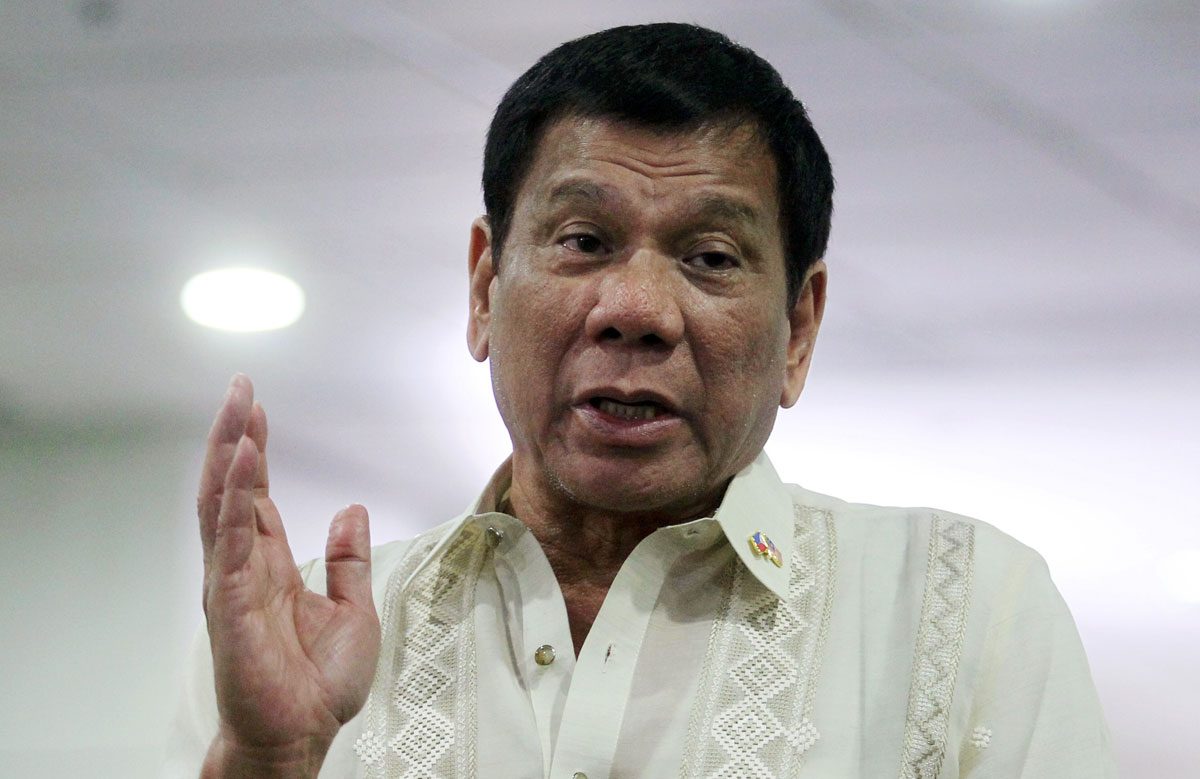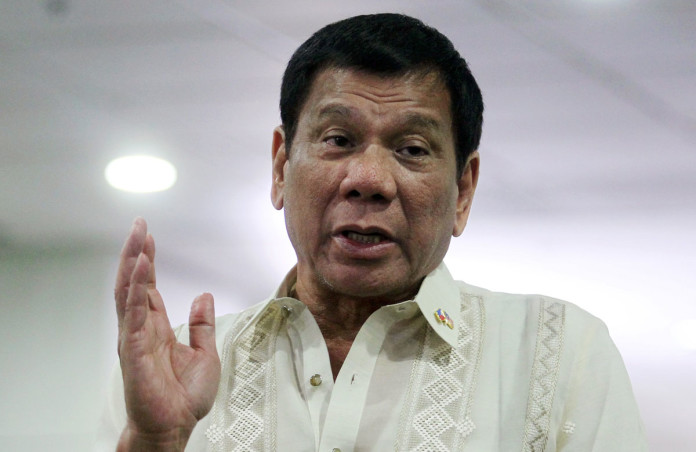President Duterte is standing firm on his decision to allow the burial of dictator Ferdinand Marcos at the Philippine Heroes’ Cemetery, officially known as Libingan ng mga Bayani, saying he was just strictly following the law, unaffected by any emotions.
Duterte said the law allows a former president or a soldier to be buried at Libingan and does not impose any other conditions. His position has been echoed in the ruling by the Supreme Court, which voted 9-5 on Tuesday to clear the legal obstacles to the burial.
“The law is the law. It has no emotions at all. It says that if you are a President (you can be buried there). It does not say you have a record of a dictatorship or what not, or being a gentle despot. It does not say anything like that,” Duterte said in a speech late on Friday at an event to recognise the humanitarian deeds of his late mother, Soledad Duterte.
Insult, desecration
The President’s decision to allow the former dictator a hero’s burial has outraged martial law victims and their families, who view the move as an insult and a desecration of the spirit of people power that ousted Marcos 30 years ago.
The opposition to a hero’s burial for Marcos has broadened after the Communist Party of the Philippines (CPP), one of the country’s top historians and a Catholic Church group joined calls on the President to reverse his decision.
“President Duterte must be advised against proceeding with such a plan,” the CPP said in a statement on Saturday. “Such payment of political debt to the Marcoses will undoubtedly be regarded as an act of contempt against the Filipino people’s historic judgement against the Marcos dictatorship.”
The CPP, which resumed peace talks under the Duterte administration, said burying Marcos at Libingan will be “the ultimate act of rehabilitation” of the Marcoses after their downfall.
Heed history’s demands
In a letter to the President on Friday, National Historical Commission (NHC) chair Maria Serena Diokno said Duterte had the “unique opportunity and obligation to heed the demands of the justice of history” that will lead to “true healing.”
Diokno said there were also “historical grounds” to stop Marcos’ burial at Libingan based on a recent study of the late president’s war record, citing the “highly questionable” medals the dictator claimed to have received from the US government.
“The justice of history, anchored on historical truth, is far greater than that which any court, including the highest court of the land, can render (or in this case, fail to render),” she said.
The Council of the Laity of the Philippines called the high court’s decision “a barefaced disrespect to the victims of one of the darkest moments in the history of our people and our country in general.”
“Marcos may have been a President but he ended up a dictator; he may have been a soldier but his grave abuse of power and systemic violence undermines his well-flaunted valour,” the group said. “There can never be peace without truth and justice.”






